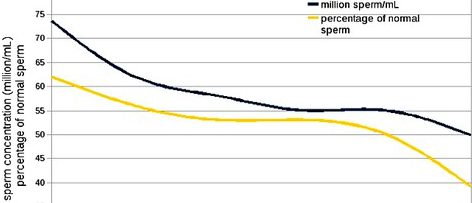Statistics are a way of viewing and understanding data that provides information and insight as to how one event relates to another. In the nursing profession, the use of statistics directly affects patient care and advocacy efforts to advance the profession.
Nursing practice is increasingly based on empirical evidence that demonstrates the most effective protocols for patient care. Clinicians must have a basic understanding of statistics to be able to read, understand, and interpret the relevant literature. Armed with statistics, clinicians can determine if commonly used methods or protocols should be revised based on the relevant research. For instance, a hospital may change its policy to replace an IV line every 24 hours if a study shows that replacing the IV line every 20 hours reduces the risk of infection by 20 percent.
Systematically collecting, analyzing, interpreting, disseminating, and using health data is essential for understanding the health status of a population, for assessing progress, and for planning effective prevention programs.
Within public health, statistics and probability are seen as powerful ways to understand the relationship of geography to such issues as health outcomes, disease transmission, and access to health care.
Today’s nurses also need a working knowledge of nursing statistics for the profession to evolve and improve. That’s why students enrolled in nursing degree programs at Citytech must take a course in statistics. As the amount of clinical research published each year grows, nurses are expected to incorporate evidence-based practices in hospitals, clinics, nursing homes, physicians’ offices, and other settings.



